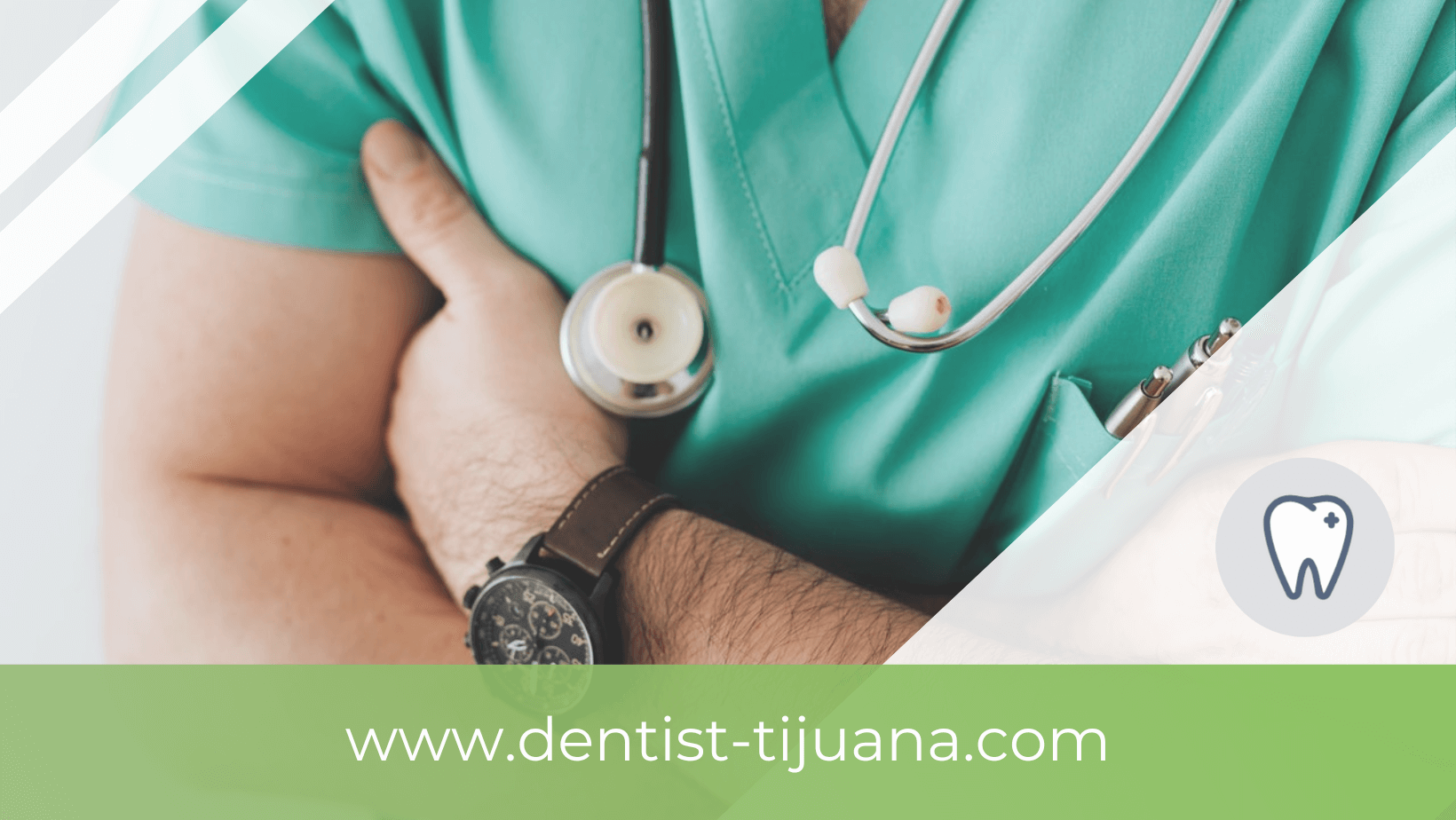Are you about to undergo a Root Canal? If you are worried about the amount of anesthesia you will receive, do not be alarmed since lidocaine is the most common local anesthetic in dentistry and causes the fewest allergic reactions. In addition to being a pain reliever, it contains a drug called a vasoconstrictor, which causes the blood vessels to narrow, making the numbness last longer.
If you need to know more about the anesthesia used in dental procedures, keep reading this blog. Below, you’ll find out what types of anesthetics and other drugs dentists use around a tooth or jaw and how long they last. Also, you’ll see some minor effects that anesthesia might cause, and lastly, what things you can eat after a procedure.
Types of anesthesia.
There are usually two main types of drugs dentists use for All on Four Dental Implants in Tijuana. For example, a block injection numbs an entire region of the mouth and the lower jaw. On the other hand, an infiltrated injection anesthetizes a smaller, bony area near the area where the pain medicine is administered.
Generally, the numb area lasts for 2 to 3 hours, while the lips and tongue may be numb for 3 to 5 hours. However, as blood flow moves the anesthetic away from the site to be metabolized, the numbness gradually fades away.
Adverse reactions to anesthesia.
Local anesthesia, such as lidocaine, is usually a safe procedure for a Root Canal or dental implants procedure. It does not usually cause allergies or adverse reactions, as we mentioned above. But in some cases, patients have mild side effects, such as the following:
- – These occur when anesthesia enters a blood vessel, which can cause swelling.
- Elevated heart rate. – On some occasions, the anesthesia can increase the heart rate for a few minutes, but this is due to the vasoconstrictor agent.
- Although it is a rare condition, if the needle hits a nerve, it can cause pain and numbness for a few days or weeks in a nerve.
- Inability to talk. Usually, this effect is momentary since the tongue is numb, but shortly when the body eliminates the anesthesia, it dissipates.
If you notice any discomfort or side effect during the procedure or after, do not hesitate to notify your dentist so that he can provide made an evaluation and treat it if necessary.
What can you eat after being under anesthesia?
After a Root Canal procedure, you may find it hard to talk, eat, or drink. Despite this, you must be careful with the numb area, especially when eating. Otherwise, you can accidentally bite your tongue. It may not hurt at the time, but that can cause injury, and once the anesthetic wears off, it will bother you. Depending on the intervention you have undergone, you will be suggested to eat liquid foods and eventually soft foods to facilitate your recovery. Some examples are the following:
Creams and soups. – Try to consume them at a lukewarm or cold temperature. As its texture is soft, this will help you not chew and consume nutrients that favor healing.
Gelatins. – Jell-O or gelatin is amazingly easy to consume, making it ideal after a dental procedure.
Ice creams. – Cold ice cream is an excellent option as it is a natural pain reliever that will reduce pain and reduce swallowing; therefore, try to consume it from natural fruits with a high-water content instead of dairy-based.
Smoothies. – You can add fruit smoothies and cereals to your diet. It will provide you with proteins, vitamins, and minerals and favor an easy intake.
Without a doubt, these foods can provide the necessary nutrition and aid in the recovery days. Of course, following the recommendations provided by Dr. Demetrio Landeros will allow you to recover quickly and enjoy satisfactory results. His world-class expertise and state-of-the-art techniques and methods, including root canals, Porcelain Veneers, and dental implants, can help you enjoy fantastic oral health.
Therefore, if anesthesia worries you, rest assured that it will help reduce pain and make you feel more comfortable and safer during the entire process. Take advantage of the fabulous experience and expertise of Dr. Demetrio Landeros, who will be attentive to all your needs and expectations. Call us at +1 (619) 734-2358 or email us at info@dentis-tijuana.com for more information or to schedule a consultation.

